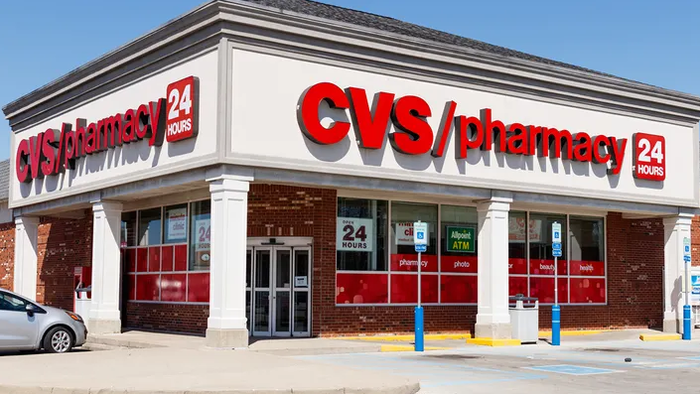Navigating the Murky Waters of Patient Privacy: The Warrantless Sharing of Pharmacy Records

Introduction
A recent congressional investigation into U.S. pharmacies' compliance with law enforcement requests has raised alarming concerns about patient privacy and the lack of consistent legal safeguards.
Lack of Legal Review
Pharmacies like CVS Health, Kroger, and Rite Aid do not mandate legal reviews before responding to law enforcement requests for patient records. This absence of a standardized legal process burdens pharmacy staff, who must make quick decisions without legal expertise, potentially compromising patient privacy.

Inconsistent Privacy Protections
The investigation highlighted a troubling disparity in privacy protections across pharmacy chains. While some pharmacies commit to transparency and legal compliance, others lack clear policies, leaving patient data vulnerable to warrantless access by law enforcement.

Warrantless Sharing
Most concerning is the finding that none of the eight major pharmacies surveyed, including CVS Health and Kroger, require a warrant before sharing patient records, except in states with specific mandates. This practice contradicts the principles of patient confidentiality and consent.

Transparency and Notification
Few pharmacies, such as CVS Health and Walgreens Boots Alliance, have committed to issuing annual transparency reports on law enforcement data requests. Amazon Pharmacy distinguishes itself by proactively notifying patients about law enforcement requests for their records, barring legal restrictions. This level of transparency is not standard across the industry, leaving many patients uninformed about the use of their sensitive medical data.

Conclusion
This investigation into pharmacies' handling of patient records underscores the urgent need for uniform privacy standards and robust legal frameworks to protect patient data from unwarranted access. As digital health records become increasingly commonplace, safeguarding patient privacy must remain a top priority for healthcare providers, legislators, and patients alike.








